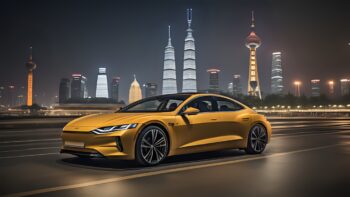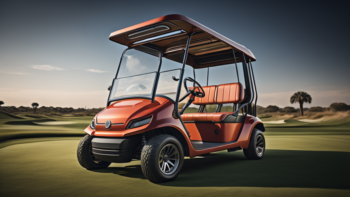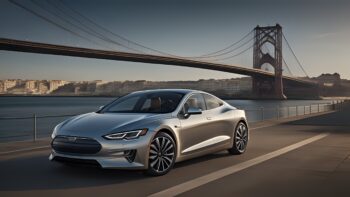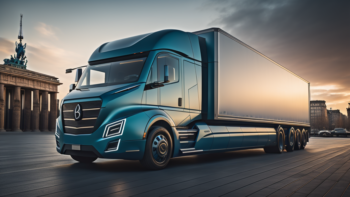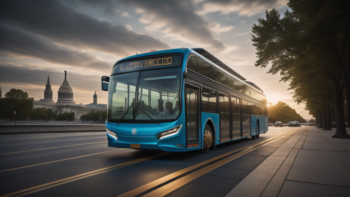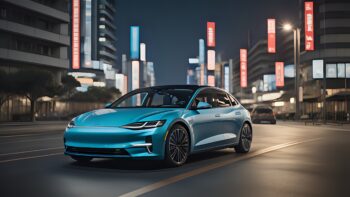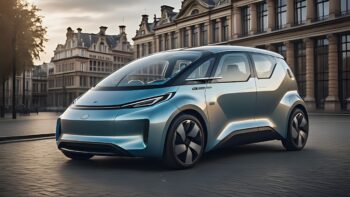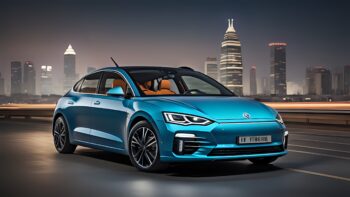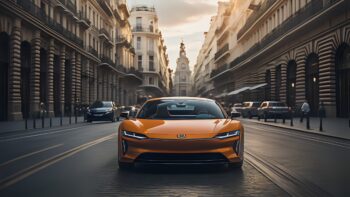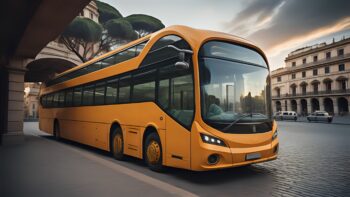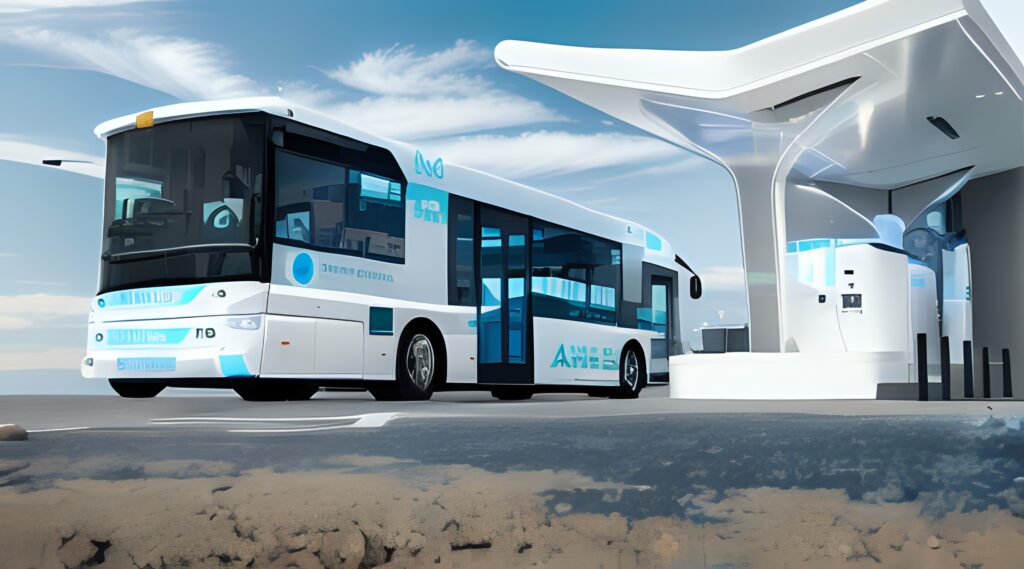
Electric Fuel Cell Buses
Listing Category by product
Electric fuel cell buses manufacturers
Electric fuel cell buses manufacturers worldwide are driving innovation in public transportation. They specialize in developing buses equipped with fuel cell technology, which generates electricity through a chemical reaction between hydrogen and oxygen. These manufacturers aim to reduce emissions and improve air quality in urban areas by offering zero-emission buses. With a focus on hydrogen infrastructure development and fuel cell advancements, they’re paving the way for sustainable mass transit solutions. As cities prioritize environmental concerns, FEVC manufacturers play a crucial role in advancing clean and efficient public transportation systems globally.
Electric fuel cell buses worldwide market
The market for FEVC buses is rapidly growing as cities worldwide seek innovative solutions to combat air pollution and reduce greenhouse gas emissions. FEVC buses, powered by hydrogen fuel cells, offer zero-emission transportation with long-range capabilities and quick refueling times. Major cities such as London, Tokyo, and Los Angeles are leading the adoption of FEVC buses, driven by government initiatives, environmental regulations, and a growing demand for sustainable transit options. Manufacturers are investing in research and development to improve the efficiency and performance of eBuses, making them an increasingly attractive choice for public transportation systems globally. As the infrastructure for hydrogen refueling expands and technology advances, those vehicles are ready to play a significant role in the transition to cleaner and greener urban transportation.
Battery technology – electric fuel cell buses
Electric fuel cell buses utilize batteries as part of their energy storage system, complementing the hydrogen fuel cells. These batteries, often lithium-ion, store energy generated by regenerative braking and provide additional power during acceleration. While the battery size in FEVC buses may be smaller compared to battery electric buses, they play a crucial role in enhancing efficiency and performance. Advanced battery management systems ensure optimal operation and longevity of the batteries, contributing to the reliability of eBus fleets. Additionally, batteries provide backup power during periods of high demand or when hydrogen refueling stations are unavailable, ensuring continuous operation of electric fuel cell buses in all conditions.
Integration of electric drivetrain in FEVC buses
The electric drivetrain in electric fuel cell buses converts electrical energy generated by hydrogen fuel cells into mechanical energy to propel the vehicle. Typically, FEVC buses employ AC electric motors for their high efficiency and smooth performance. These electric motors drive the wheels, providing propulsion while producing zero emissions. Regenerative braking systems are also incorporated into electric fuel cell buses, capturing kinetic energy during deceleration and converting it into electrical energy to recharge the onboard batteries. With advancements in electric drivetrain technology, those vehicles offer improved efficiency, reliability, and sustainability, making them a promising solution for the future of urban transportation.
FEVC Process
FEVC buses operate by harnessing the power of hydrogen fuel cells for propulsion. Stored hydrogen gas is delivered to the fuel cell stack, where it combines with oxygen from the air in a chemical reaction. This reaction generates electricity, which in turn powers the electric motor. As the motor converts the electrical energy into mechanical energy, the buses is propelled forward with zero emissions. Unlike conventional diesel buses, FEVC buses emit only water vapor as a by product, making them an environmentally friendly solution for reducing greenhouse gas emissions and enhancing air quality in urban environments.



